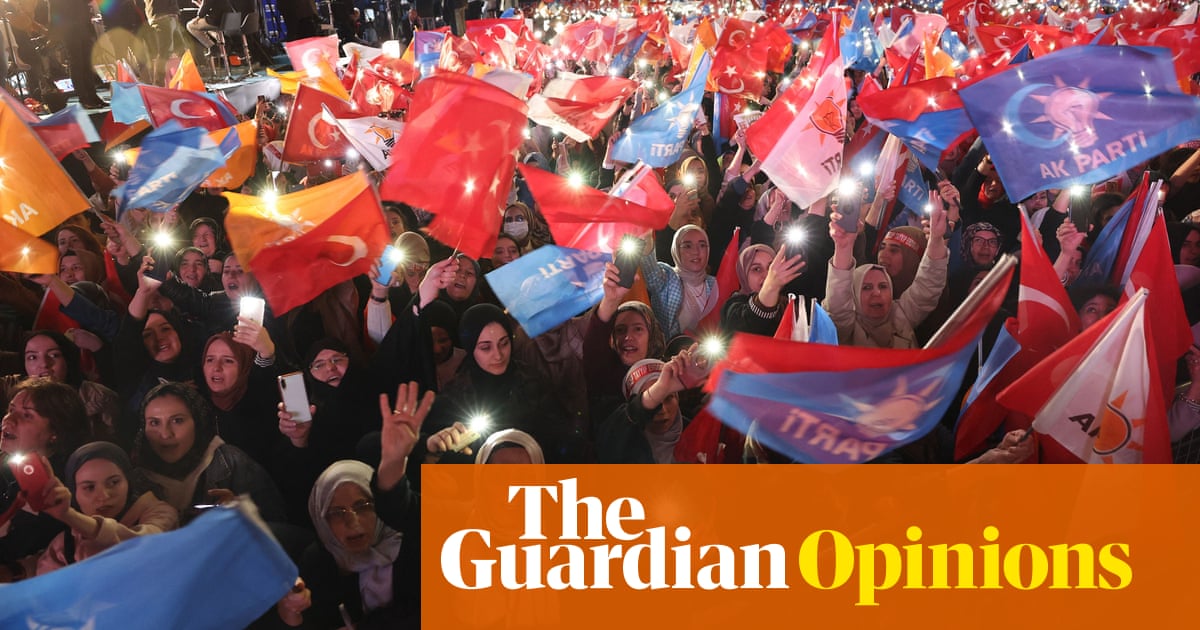
On Dec. 22, Israel’s coalition government, set up last May, collapsed due to differences among its principal partners — Prime Minister Benjamin Netanyahu of Likud and Benny Gantz of the Blue and White party. On March 23, the country will now have fresh elections, the fourth time in two years. All parties have to submit their party lists to the election commission by Feb. 4.
The governing coalition has been the product of some clumsy arrangements between the main partners — the main agreement being that Netanyahu would be prime minister for 18 months and then make way for Gantz. Even then, Gantz paid a heavy price — two partners immediately left the Blue and White party and weakened Gantz’s political base.
Israel has been experiencing political chaos since late 2018 when Avigdor Liberman, then defense minister, left Netanyahu’s government. Since then, the three elections held have brought together opposition parties and coalitions with a single aim — to oust Netanyahu from power. All have failed.
The last effort was the emergence on the political scene of retired general Benny Gantz, whose Blue and White center-left coalition was viewed as a serious challenge to the incumbent prime minister. This group did well, getting 30/35 seats in two elections, but it could not form a government.
The last election of May 2020, at the height of the pandemic, led to the latest ill-matched coalition. The collapse of the government ended Gantz’s short political career and also ended Blue and White as a player in Israel’s political arena. Netanyahu remains Israel’s unbeatable political magician.
In the run-up to the March election, both the right and the center-left are splintered. On the right, besides Netanyahu’s Likud, we have Naftali Bennett’s Yamina and Avigdor Liberman’s Yisrael Beitanu; these have been joined by the New Hope party set up by Gideon Sa’ar, who has just left Likud. While they all share a common ideology, the non-Likud groups share a fervent desire to oust Netanyahu.
The situation on the center-left is the same: Three existing parties, with a new one having just been announced by the 76-year-old mayor of Tel Aviv, Ron Huldai. They too have no ideological differences between them and would readily form a coalition across party or even ideological lines if the need arises.
In fact, Netanyahu is the central issue in Israel’s politics. He is viewed as vulnerable due to the charges of bribery, fraud, and breach of trust that he is facing. Hearings are scheduled for February, though his lawyers have asked for a postponement due to the stringent lockdowns. Netanyahu’s primary interest is to remain prime minister throughout the legal battle.
The tight campaign has encouraged efforts by different parties to woo the country’s Arab community which makes up 21 percent of the country’s population.
Israel’s election scene is very fluid at present and Netanyahu faces serious challenges.
Talmiz Ahmad
Netanyahu is in the forefront of this effort: Abandoning his earlier hostile anti-Arab rhetoric, he has visited two Arab towns and had himself proudly photographed with the millionth recipient of the coronavirus vaccine; he has said that an Arab candidate on the Likud slate was a distinct possibility. Other parties are planning to place Arab candidates very high on their slates to ensure their election.
The unprecedented flirtation with the Arabs has aroused the ire of Israel’s settler community. They have reminded Netanyahu of his core support base, leading him to quickly approve the construction of 800 new homes in the West Bank.
Netanyahu has made the coronavirus vaccine the center-piece of his campaign. This began on Dec. 19, when he became the first Israeli to be vaccinated on camera. He plans to have all Israelis vaccinated before the March elections, affirming his ability to obtain the vaccines for his people in a competitive global market and to show his abiding concern for their welfare. In the election campaign, Netanyahu is projecting himself as a leader of global standing who is the best guardian of Israel’s interests.
Netanyahu has certainly benefited from the strong and consistent backing he has received from the Trump administration, e.g., the shifting of the US Embassy to Jerusalem, recognition of Israel’s annexation of the Golan Heights and the West Bank, and recently, the release of Jonathan Pollard, the US serviceman who had spied for Israel. The “normalization” of ties with Morocco, after the UAE, Bahrain and Sudan, has proved to be a great electoral boon since Israel has several hundred thousand Jews of Moroccan origin who rejoice at the restoration of links with their ancestral home.
After the US Capitol was attacked in Washington on Jan. 6, Netanyahu’s opponents have already used his ties with Trump to tarnish him. Ehud Barak, the former prime minister, put up a billboard on Jan. 8 with Trump and Netanyahu together, calling attention to what he described as their shared characteristics. Four days later, Netanyahu dropped Trump from the banner photo of his Twitter account.
Israel’s election scene is very fluid at present and Netanyahu faces serious challenges. We will know in about two months if he has any other tricks up his sleeve.
• Talmiz Ahmad is an author and former Indian ambassador to Saudi Arabia, Oman and the UAE. He holds the Ram Sathe Chair for International Studies at Symbiosis International University in Pune, India.
Disclaimer: Views expressed by writers in this section are their own and do not necessarily reflect Arab News" point-of-view












